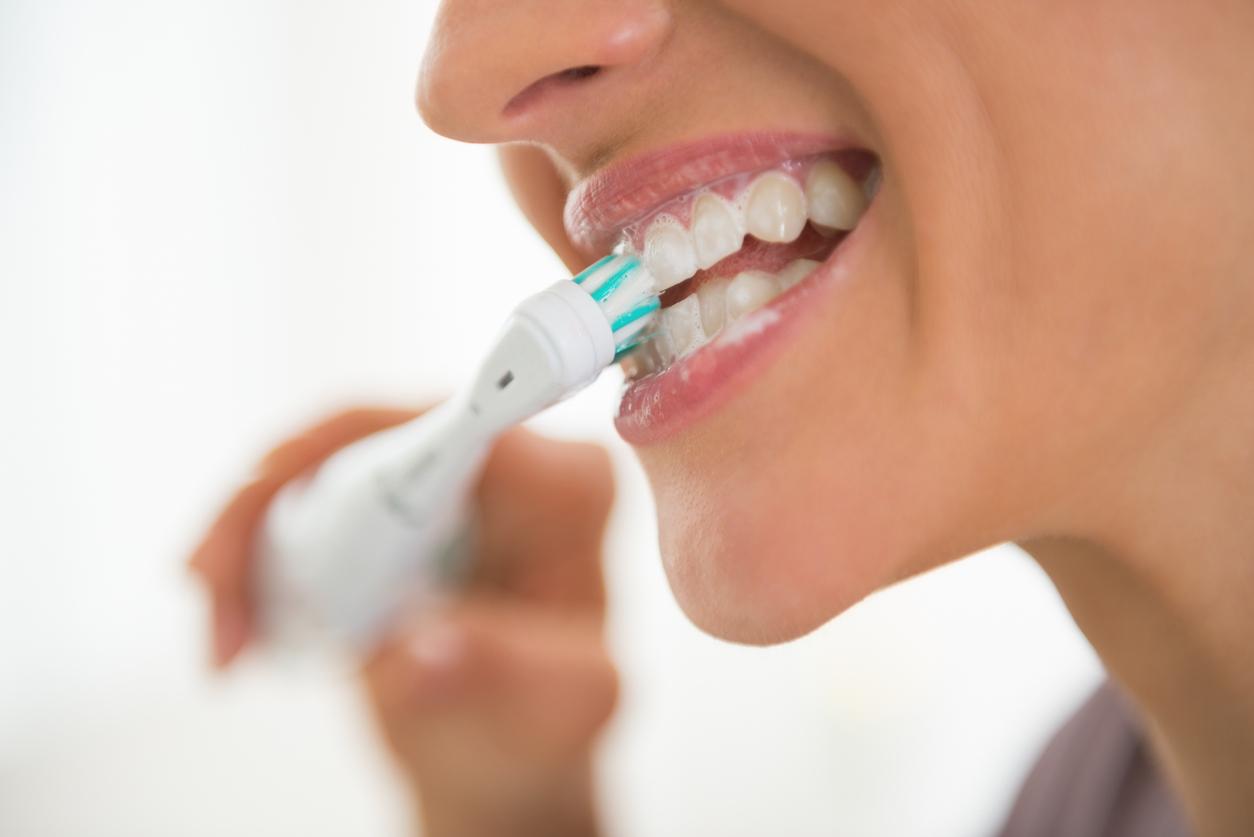Oral hygiene plays a role in the health of the body in general and the heart in particular. Researchers show that the bacteria that cause gum disease, or periodontitis, prevent the proper recovery of blood vessels after a heart problem.

Cardiovascular disease is the leading cause of death in the world. The World Health Organization (WHO) estimates that 17.5 million deaths each year are due to, if not linked to, these diseases. Several risk factors are known, including smoking, obesity or a sedentary lifestyle.
But for several years, studies have shown a link between oral health and heart health. A new search even suggests that the bacteria that cause gum disease prevent the proper recovery of blood vessels after a heart attack (heart attack or aortic dissection). This study, authored by Dr Sandrine Delbosc, was presented at the European Congress of Cardiology Frontiers in Cardiovascular biology, which took place in Vienna, Austria over the weekend.
Periodontitis
The gum disease (also called “periodontitis”) occurs after infection with the bacteria Porphyromonas gingivalis. It causes inflammation of the tissues that support the teeth and ultimately can lead to the loss of some teeth. Because of the appearance of this disease? Poor dental hygiene: Bacteria build up between the teeth and the gum line, which creates tartar and can cause infection.
The role of Porphyromonas gingivalis
The researchers found in their previous research the presence of Porphyromonas gingivalis in cases atherosclerotic arteries, or arteries with atheroma plaques, which can cause heart attacks. “This suggested that this bacterium could be the link between gum disease and cardiovascular accidents”, explains Dr Sandrine Delbosc. According to the researchers, the bacteria pass into the blood when the gums bleed, then attaches to the atherosclerotic lesions and prevents them from healing.
Scientists tested their hypothesis on mice that had atherosclerotic arteries. Two groups of mice were formed. The first received a weekly dose of Porphyromonas gingivalis for four weeks. The other received a dose of saline solution.
An enzyme that blocks the action of immune cells
Mice that received the bacteria as an injection were more likely to die than those in the placebo group: 23 out of 34 died in the first group, representing a death rate of 68%. In the group which received a placebo, eight died out of 23. That is to say a mortality rate of 35%.
“Poor scarring of the arteries may be linked to an enzyme produced by the bacteria that prevents immune cells from repairing the arteries “, underlines Dr Delbosc. Scientists are continuing their research to now understand what the effect of periodontitis treatments may be. in patients with cardiovascular disease.
Adopt a good brushing technique
To prevent the onset of gum disease, it is recommended to adopt good oral hygiene. L’French Union for Oral Health recommends brushing your teeth twice a day: in the morning and in the evening. This brushing should last between two and a half minutes and three minutes. Above all, it must be done well to be effective. You have to brush from the gum towards the tooth, so from top to bottom for the top teeth, and vice versa for the bottom teeth.
.















